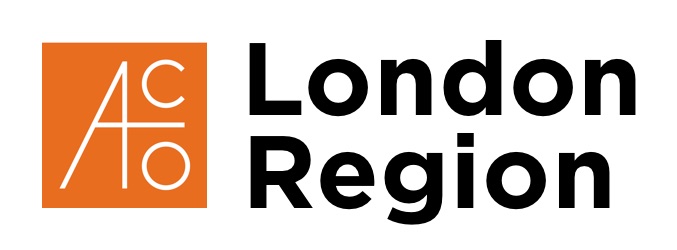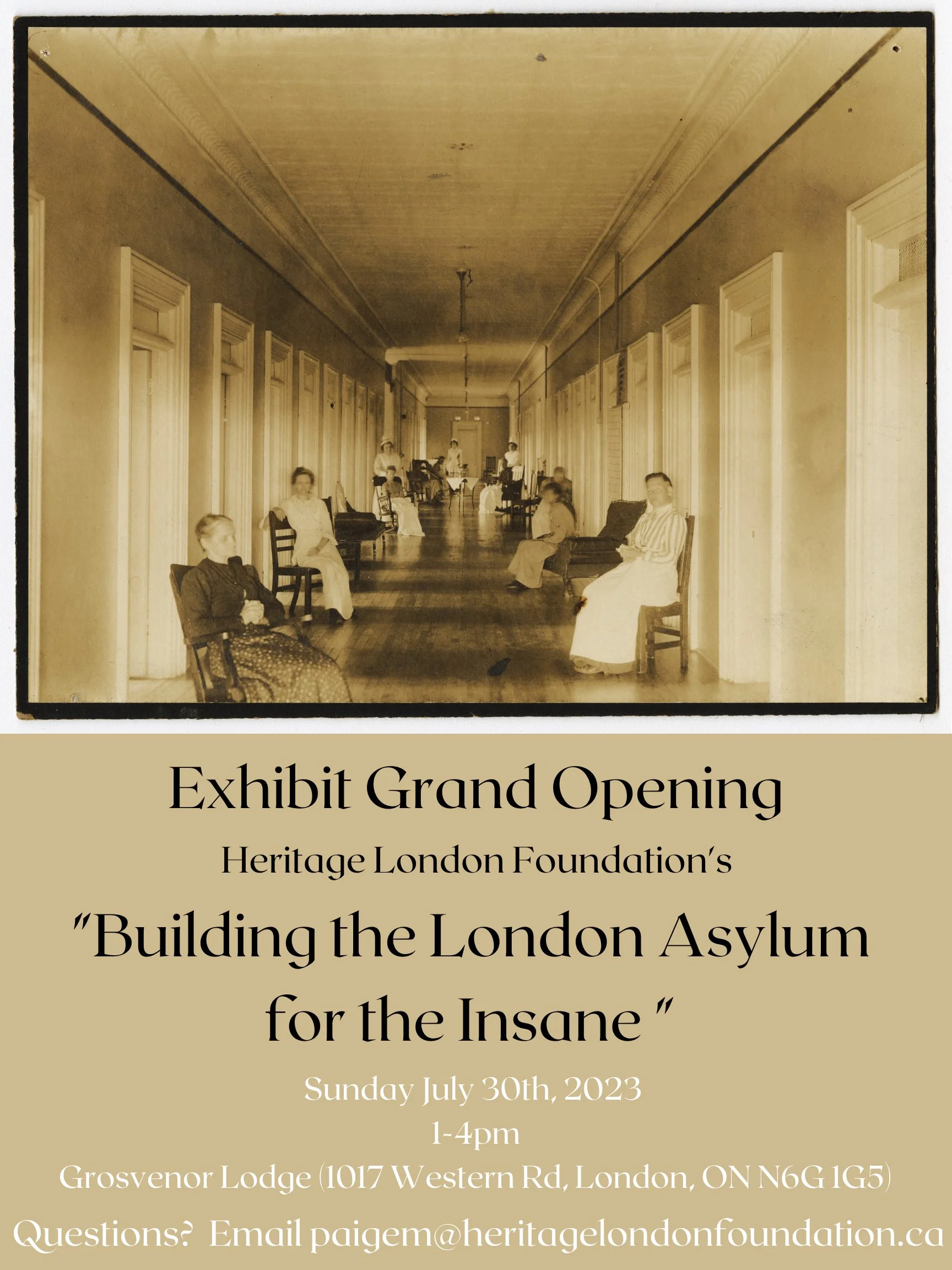Join us at Museum London on Saturday, June 17 (8:30am to noon) for one or both of these sessions!
Two free Indigenous Learning Sessions are open to all Londoners as part of the Ontario Heritage Conference.
FIRST FREE SESSION:
8:30am: Ian McCallum and Thomas Peace (Saturday 8:30am – Museum London)
"Munsiiwak: wiikwahm, asiiskusiipuw waak tali (Munsee: House, muddy river and place).”
A canoe trip down the Thames River from London to Muncey inspired this discussion of the Indigenous meanings of the river, land, language, settlement, and heritage.
Ian McCallum is a member of the Munsee-Delaware First Nation. He works with his community promoting culture, and history and is an educator working with the Munsee language. As a Ph.D. student at the University of Toronto, Ian is currently researching strategies to support Munsee language revitalization. His most current work looks at connections between the Munsee language, the Thames River and the surrounding environment. Ian is an Education Officer in the Indigenous Education Office for the Ministry of Education in Ontario. He has worked in the field of education for more than 20 years in the capacity of classroom and resource teacher as well as supporting teacher candidates as a seconded faculty of education member.
Thomas Peace is a historian of colonialism in early Canada and teaches history as an Associate Professor at Huron University College. He is one of the founding editors of ActiveHistory.ca, a web-based project aiming to make academic history more accessible to broader audiences. With Sean Kheraj he edits The Open History Seminar. And, as co-director of the Huron Community History Centre, he also manages the Hidden Histories of Southwestern Ontario project.
SECOND FREE SESSION:
10:30am: Catherine C. Cole (Saturday 10:30am – Museum London)
“Indigenous Heritage and the United Nations Declaration on the Rights of Indigenous People”
The Indigenous Heritage Circle released a report in May 2022 exploring how Canada’s implementation of the United Nations Declaration on the Rights of Indigenous Peoples (UNDRIP) could help inform practices, policies, and legislation to better support Indigenous heritage. The study, which was conducted from December 2021 to March 2022, used insights from interviews with Indigenous heritage practitioners and legal experts as well as readings. In June 2021, the federal UNDRIP Act came into force, requiring the government to develop an action plan and review federal laws to align with the Declaration. Cole's co-authored report explores what Indigenous people would like to see as a result and what is necessary for them to fully participate in this discussion as equals.
Catherine C. Cole, MA, FCMA, is the Director of Planning for the Nunavut Inuit Heritage Centre in Iqaluit and Principal Consultant, Catherine C. Cole & Associates in Edmonton. A former museum curator and interpreter, she has consulted on heritage issues throughout Canada and internationally for 30 years. Catherine is Métis and has made both a professional and personal commitment to decolonization and reconciliation. She is the recipient of many awards including the Governors Award from the National Trust for Canada for the Indigenous Heritage Circle report she co-authored on Indigenous Heritage and the United Nations Declaration on the Rights of Indigenous Peoples (2022), the Lieutenant Governor’s Award from the Alberta Museums Association (2021), and ICOM Canada’s International Achievement Award (2019). She is a Fellow of the Canadian Museums Association (FCMA); the Culture and Heritage Community Chair for the National Indigenous Knowledge and Language Alliance (NIKLA); a member of Parks Canada’s Indigenous Cultural Heritage Advisory Council (ICHAC); an International Advisory Group Member for Renewing Relations: Indigenous Heritage Rights and (Re)conciliation in Northwest Coast Canada, at the University of Exeter, UK; and from 2013-2020 was Secretary-General of the Commonwealth Association of Museums (CAM), a network of postcolonial museums and professionals that reflects on colonial legacies and develops new international relationships and working practices.























